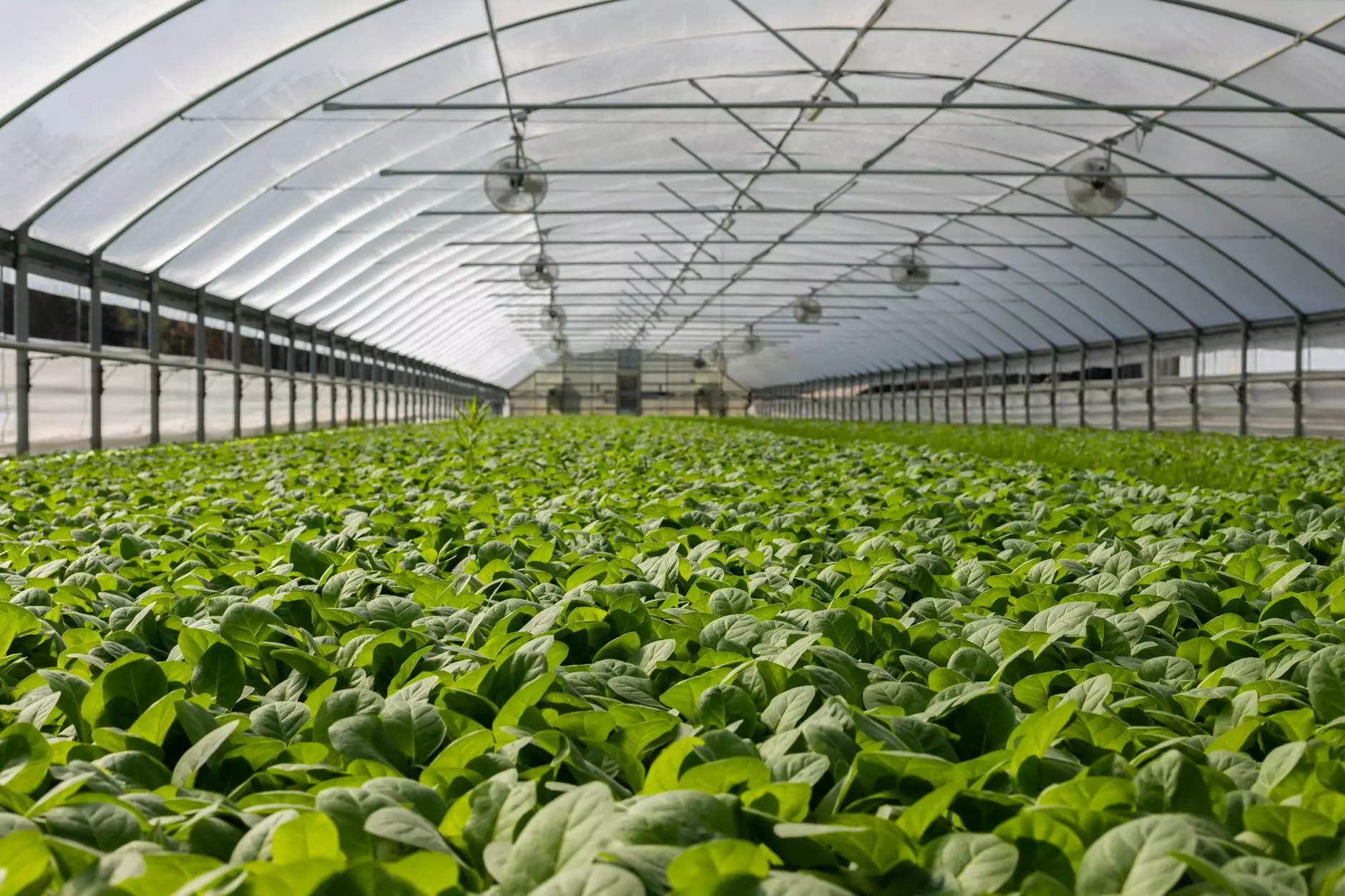The Importance of Grain Bin Systems in Modern Agriculture

In today's fast-paced agricultural landscape, the efficiency of grain storage and management has become more crucial than ever. This is where grain bin systems come into play. These systems not only facilitate the storage of grains but also protect them from various environmental factors that can compromise their quality. In this article, we will explore the various aspects of grain bin systems, their benefits, components, and how they contribute significantly to the success of farming operations.
What Are Grain Bin Systems?
Grain bin systems are specialized structures designed specifically for storing bulk grains. They are typically made from durable materials such as galvanized steel or reinforced concrete, ensuring that the grains are well-protected from moisture, pests, and adverse weather conditions. These systems come in various sizes and designs to cater to different types of farming operations.
Components of Grain Bin Systems
A typical grain bin system comprises several essential components:
- Bin Structure: This is the main container where grains are stored. It features a conical bottom for effective grain flow during unloading.
- Roof and Ventilation: The roof protects the grain from precipitation while ventilation systems prevent moisture buildup, essential for maintaining grain quality.
- Access Doors: These allow for easy inspection and maintenance of the grain and equipment.
- Grain Handling Equipment: This includes augers, conveyors, and grain dryers which are vital for efficiently moving and processing grain.
- Control Systems: Modern grain bins often come equipped with digital control systems that monitor temperature and moisture levels, providing real-time data about the stored commodities.
Benefits of Grain Bin Systems
Utilizing a robust grain bin system comes with a myriad of benefits:
1. Enhanced Crop Quality
Grain bins are designed to provide an optimal environment for grain storage. With proper temperature and humidity control, farmers can protect their grains from spoilage and maintain their quality over time.
2. Increased Storage Capacity
Modern grain bin systems come in various sizes, allowing farmers to significantly increase their storage capacity without the need for extensive infrastructure changes. This is particularly beneficial during bumper crop years, enabling farmers to store excess production without rushing to market at low prices.
3. Labor Efficiency
With integrated grain handling equipment, these systems make grain management more efficient. They reduce the manual labor required for moving and storing grain, allowing farmers to focus on other essential tasks.
4. Reduced Pest Infestation
Advanced grain bin designs minimize exposure to pests. They are often fully sealed and equipped with pest control measures, safeguarding the stored grain from infestations that could lead to significant losses.
5. Cost Savings
While the initial investment in grain bin systems can be substantial, the long-term savings from reduced spoilage, pest damage, and increased operational efficiency can payoff immensely.
Choosing the Right Grain Bin System for Your Farm
When investing in a grain bin system, several crucial factors come into play:
1. Type of Grain
Different grains have different storage needs. It's essential to consider the specific requirements of the grains you are storing to select an appropriate bin design.
2. Storage Volume
Evaluate the average yield of your operation to choose a bin size that accommodates your storage needs while allowing room for growth.
3. Environmental Considerations
Consider the local climate and how it may impact grain storage. Look for systems that offer adequate ventilation and moisture control suited for your environmental conditions.
4. Budget
While investing in high-quality grain storage solutions is vital, it's also important to work within your budget. Exploring financing options or grants for agricultural improvements can be beneficial.
Technological Advancements in Grain Bin Systems
The field of agriculture is continually evolving, and grain bin systems are no exception. Recent technological advancements are altering how farmers manage their grain storage:
Automated Grain Monitoring
Modern bins can be outfitted with sensors that monitor temperature, humidity, and even CO2 levels. This allows farmers to receive real-time alerts and data, ensuring that stored grain remains in prime condition.
Remote Monitoring
Many contemporary grain bins come equipped with IoT (Internet of Things) capabilities, allowing farmers to monitor their grain from anywhere using smartphones or computers. This not only saves time but also aids in preparing timely interventions if conditions change.
Smart Grain Management Systems
The integration of AI (Artificial Intelligence) in grain management systems is proving to be a game-changer. With predictive analytics, farmers can make data-driven decisions about when to sell their grain for optimal pricing.
Installing Your Grain Bin System: Best Practices
After deciding on the most suitable grain bin system for your operation, the next step is proper installation. Following best practices can ensure the longevity and efficiency of your system:
- Site Selection: Choose a dry, level site that is accessible for trucks and machinery.
- Foundation Preparation: Install a robust foundation to support the weight and ensure stability.
- Follow Manufacturer Instructions: Adhere strictly to the equipment specifications and installation guides provided by the manufacturer.
- Regular Maintenance: Establish a routine maintenance schedule to ensure all components are functioning correctly and efficiently.
Conclusion: The Future of Grain Bin Systems in Agriculture
Grain bin systems are undeniably at the core of effective grain storage and management in modern agriculture. Their numerous benefits, encompassing enhanced quality control, increased storage capabilities, and labor efficiency, highlight their role as a fundamental asset for farmers. As technology continues to advance, the potential for even greater efficiency and effectiveness in grain storage will only increase. For farmers looking to invest in their future, integrating a cutting-edge grain bin system is a wise choice that will surely pay dividends in the years to come.
To learn more about the best grain bin systems available, or to explore our services in farm equipment repair and farming equipment, visit us at tsgcinc.com. Investing in the right equipment is vital for achieving your agricultural goals!









